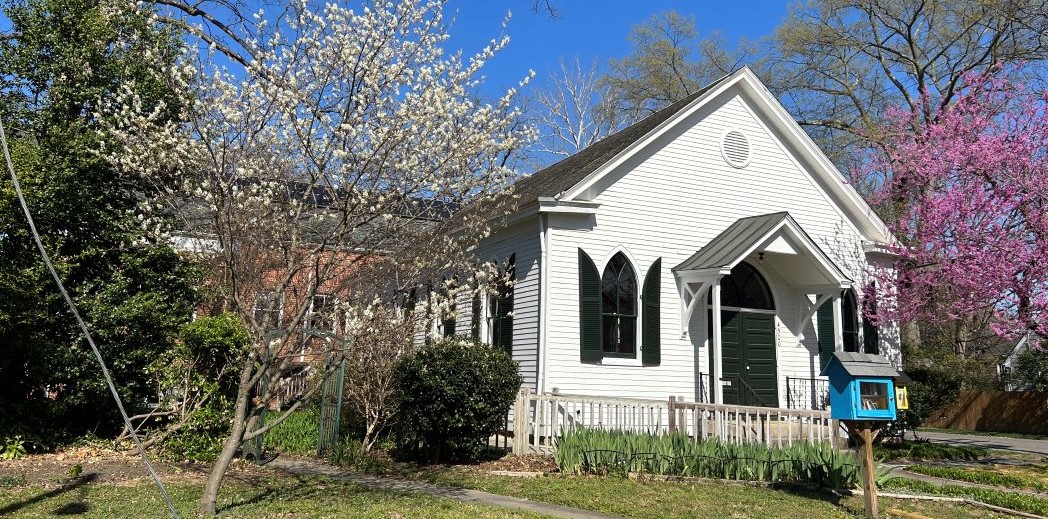For additional information, please contact Dan Shaw)
Healing and Rebuilding Our Communities, [HROC]
In Partnership with the Richmond Peace Education Center
Held at The Innerwork Center, 213 Roseneath Road, Richmond VA 23221
Friday, March 10 5:30-9 Saturday, March 11 9-5:30 Sunday, March 12 1-6
17 Continuing Education Units
This 3-day training is an African community-based experiential model of healing that focuses on recognizing and understanding trauma and its effects on individuals, family & community.
This training:
· Compliments group and individual therapy
· Gives teachers trauma-responsive and resiliency techniques
· Helps participants develop an understanding of themselves and family members
· Creates a path to healing relationships with family or community
· Stops the cycle of violence by healing the pain from trauma. Hurt people can stop hurting people.
During the first hours of the HROC workshop, facilitators and participants build a sense of safety and trust so the healing process can begin. We will develop a supportive community that is loving, determined, and compassionate. You are not alone in walking the path of healing. We are with you.
Trauma colors everything we do and do not do. As the workshop progresses participants begin to understand how trauma affects the body, mind, and spirit. The knowledge and skills they gain builds resilience and healing. The psychological energy we use to suppress symptoms can be redirected into moving forward in a holistic way.
During the workshop, we will dissect and deeply examined. We discuss in depth the causes of trauma, its symptoms, and consequences, such as anger, trust, grief, mourning, etc. and how we can create the community we deserve. Despite the topic there will be many light moments as we create a supportive and compassionate community is created.
Testimonials:
· “This Basic workshop will help me in my social work back in Sudan and it has helped me with my personal-psychological issues. Big thanks → Santa.” Yusra-Abdalla Ahmed
· “Santa is a highly evolved educator and excellent trainer of trainers.” Ron Lee
· “I never thought I would put myself in a group space for dealing with trauma, other than group therapy. The Healing and Rebuilding Our Community’s workshop series was honestly better than many group therapy sessions I have attended. I feel wounds healing and closing.”
· “This workshop has profoundly changed my understanding of trauma from an individual trauma that could be put away to an event that affects community and for which a path to healing must be created. I am excited to think about how this work will impact my racial justice work, my work with pregnant women/women moving through labor + birth and my own personal healing journey. I have deep gratitude for this group and this world.”
Workshop leaders: Santa Sorenson and Elham Khairi, trauma and conflict resolution specialists.
Fee: $200 Reduced post-pandemic rate. For more information, partial scholarships, or to register and pay go to healingincommunityss.org/contact-me.
A limited number of partial scholarships are available. Participants who complete the workshop will receive 17 CEUs.
Healing and Rebuilding Our Community
HROC {He-Rock}
The Story:
In the latter part of the 20th century, Rwanda, and Burundi both experienced devastating internal conflict between their Hutu and Tutsi communities. In Burundi there were many eruptions of communal violence. In Rwanda there were also many conflicts. Violence there reached a peak in 1994, when hundreds of thousands of Rwandans were killed during an 8-week period, now known as the Rwandan genocide. In both countries, many people were left deeply traumatized and in great need of healing. In 2003 Rwandan and Burundian Friends [Quakers] began to develop HROC in response to this great need, with support from the African Great Lakes Initiative.
“Before we [survivors and released prisoners from the Rwandan genocide] could not even talk to each other or sit next to each other, but after the workshop we could talk. The one who killed my family asked for forgiveness, explained what he did and accepted it. It was not easy for me to forgive him, but I did and little by little he became close to me.”–
